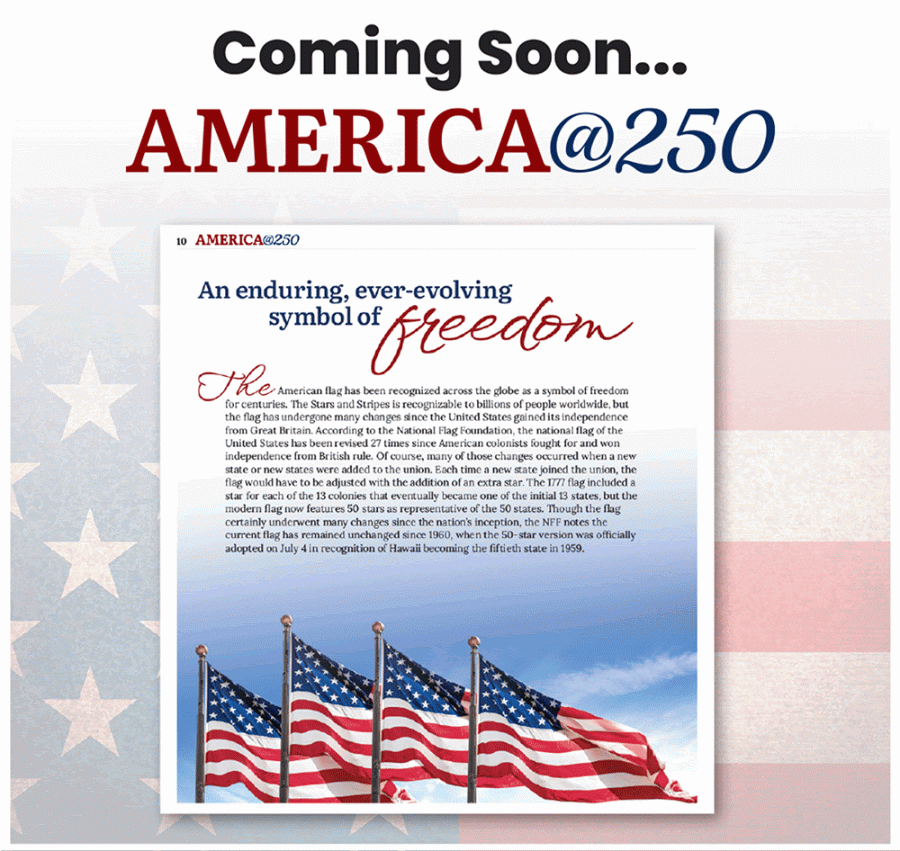Pick it up or put it down?
Kevin Slimp
May 1, 2024


The area above the fold determines which choice potential readers will make
Hardly a week goes by that I don’t meet with one or two publishers to review their newspapers and make recommendations to increase their readership and overall business. Obviously, some papers require more attention than others, but it’s rare I don’t have at least a few dozen recommendations concerning potential changes.
The most apparent changes usually center around design elements: headlines, fonts, spacing, etc. Other recommendations often relate to content, frequently centering on regular features, stories and photos.
In all my years working with newspapers, I don’t remember having a negative experience with a publisher. It makes sense that when a publisher contacts me for advice, they’re sincere about improving their newspaper. Earlier in my career, I expected some backlash concerning suggested changes. Still, over time, I’ve learned that most newspaper publishers and editors are sincere about finding ways to inspire more potential readers to pick up the paper.
Just this week, I met with the publisher of a Midwest newspaper looking for ideas to grow readership. In the emails and phone calls leading up to our meeting, the publisher clearly wanted any advice I could offer. There had been a slow but steady decline in circulation, and he wanted advice on reversing the trend.
During our online meeting, we discussed the three issues of his printed newspaper that I had received in the mail before our discussion. We analyzed the more than 100 suggestions I noted in the weekly 20-page publication. The majority of our discussion, however, centered on the top of the front page, commonly referred to as the area “above the fold.”
We all know how important it is to draw potential readers to this area of our newspaper. I still have the clipping Dale Gentry sent me from the Letters to the Editor section of his newspaper after a redesign two years ago. The writer noted that when she visited her local convenience store, a stack of newspapers would always be on a rack in front of the register. She would ask the cashier about the papers, and the response was that people rarely bought one of the papers. Something changed, however. She noticed the rack was empty or nearly empty during several consecutive trips to the store. When she asked the cashier why there were no papers, she was told that people had started buying the paper, and the store usually ran out of copies.
What had changed? Dale’s paper had recently gone through a total redesign. As part of the new design, Dale and his staff made great efforts to make the area above the fold as inviting as possible. Apparently, their efforts paid off.
While looking over the three issues of the midwestern newspaper before meeting with the publisher this week, something became very apparent. In all three issues, the area above the fold was filled with mugshots from the local jail, along with stories about arrested drug dealers and users. I sent pictures of the front pages to friends in various states and asked, “Would you read his paper?” My friends all answered, “No.”
In my conversation with the paper’s publisher, I clarified that I wasn’t suggesting a “feel good” publication. Every focus group I’ve led of newspaper readers indicates readers want hard news. That doesn’t mean that the front page should be filled with endless negative stories.
The area above the fold does one of two things. It either invites potential readers to pick up the newspaper or causes them to put it down. That doesn’t mean the front page always leads with a feel-good story. It does mean that weekly mugshots of young drug users will eventually wear down potential readers.
My meeting this week went exceptionally well. Before signing off, the publisher said he planned to make several changes immediately based on our conversation. He planned to change the fonts he used for body text and headlines. He would ask his designers to remove unnecessary color elements on pages, allowing readers to focus on the pictures and stories. The change I’m most excited about, however, is moving the weekly mugshots and crime stories away from the area above the fold. I’m confident he will receive positive feedback from his community right away, and more potential readers will begin picking up his newspaper.
Kevin Slimp is former director of The University of Tennessee Newspaper Institute and founder of NewspaperAcademy.com. kevin@kevinslimp.com.










